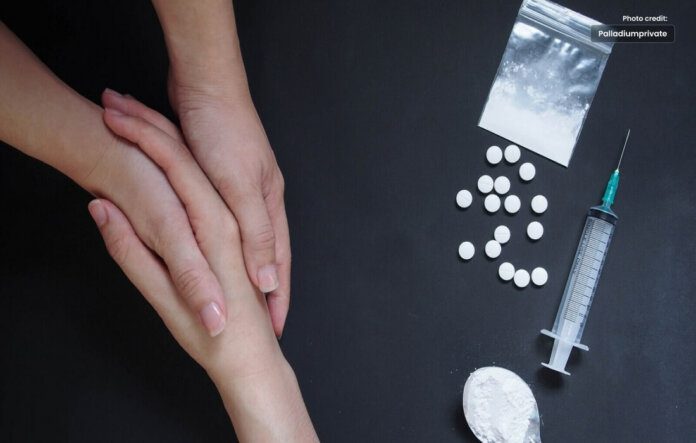Drug rehab: beacon of hope with professional guidance and treatments.
Introduction:
Millions of people throughout the world struggle with the complex and difficult problem of addiction. Whether it’s drugs, alcohol, or any other substance, addiction takes a toll on physical health, mental well-being, and relationships. Recognizing the need for change and seeking help is the first step towards recovery. Drug rehab facilities are essential in giving people the skills and encouragement they need to regain their lives.
Understanding Drug Addiction:
Before delving into the world of drug rehab, it is essential to understand the nature of addiction. Drug addiction is a long-term brain illness marked by obsessive drug seeking and usage, even when doing so has negative effects. Drugs hijack the brain’s reward system, making it difficult for individuals to quit without professional assistance. This understanding helps remove the stigma associated with addiction, allowing for compassionate and effective treatment approaches.
The Role of Drug Rehabilitation Centers:
Drug rehabilitation centers provide a safe and supportive environment for individuals seeking recovery. Detoxification, therapy, counselling, and help for aftercare are just a few of the services that these facilities provide. The comprehensive approach addresses both the physical and psychological aspects of addiction, enabling individuals to heal holistically.
Detoxification in Drug Rehab:
Detoxification, or detox, is the first stage of drug rehab. It involves removing toxic substances from the body under medical supervision. Withdrawal symptoms can be severe during this phase, and medical professionals help manage the discomfort and ensure the individual’s safety. Detox sets the foundation for the subsequent stages of rehabilitation.
Counseling and Therapy:
Once the detoxification process is complete, the core of drug rehab revolves around counseling and therapy. These sessions aim to uncover the root causes of addiction, address underlying psychological issues, and develop coping mechanisms for a drug-free life. Individual counseling, group therapy, and family therapy play integral roles in helping individuals rebuild their lives and relationships.
Holistic Approaches:
Rehabilitation centers often employ a holistic approach to recovery, recognizing that addiction affects various facets of a person’s life. Alongside traditional counseling and therapy, holistic therapies such as art therapy, music therapy, yoga, and meditation are incorporated. These practices promote self-expression, self-awareness, and emotional healing, enhancing the overall effectiveness of the rehabilitation process.
Peer Support and Community:
One of the key benefits of drug rehab is the opportunity to connect with individuals who have similar experiences. Peer support groups, such as Narcotics Anonymous (NA) or Alcoholics Anonymous (AA), provide a sense of community and camaraderie. Sharing stories, struggles, and victories with others who understand firsthand the challenges of addiction can be incredibly empowering and motivating.
Aftercare and Relapse Prevention:
Recovery doesn’t end with completing a rehab program. Drug rehabilitation centers emphasize the importance of aftercare and relapse prevention strategies. Continuing support through outpatient programs, sober living arrangements, ongoing counseling, and participation in support groups significantly reduces the risk of relapse, ensuring sustained recovery.
Find out more about https://rockedgeurdu.com/




